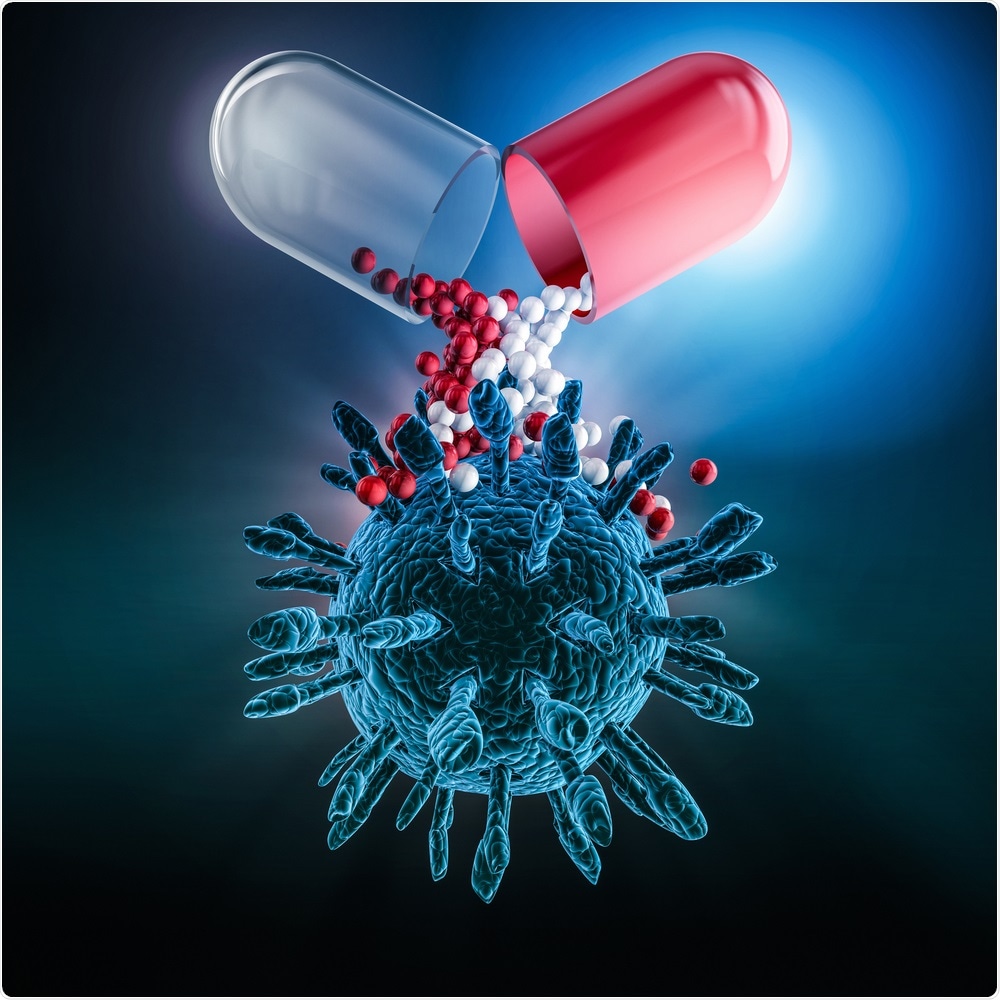The use of metals in drug delivery could offer major benefits, including allowing for lower dosages of a medication to achieve therapeutic effects. But metal catalysts have not been fully exploited in drug discovery.

Image Credit: Double Brain/Shutterstock.com
Loi Do, associate professor of chemistry at the University of Houston, is pursuing using small-molecule metal catalysts to create a platform for drug discovery, using a $1.53 million grant from the National Institute of General Medical Sciences.
These small-molecule intracellular metal catalysts work differently than typical organic molecules, offering potentially powerful new ways to deliver medications and other treatments. Despite that, Do said both scientific barriers and concerns about toxicity have limited their use.
"The public, when you ask about metals, they automatically think they are toxic. That's not true," he said. "Our bodies require certain elements. Metals have been under-investigated."
There are exceptions. Cisplatin, a chemotherapy drug based on the metal platinum, is used to treat a number of cancers. But Do said most pharmaceutical research targets non-metal molecules. His work has relevance for treating diseases related to oxidative stress, including heart disease, neurodegenerative diseases, and cancer.
For this project, Do will create synthetic forms of molecules that can target aldehydes, a class of molecules typically found in low levels in the body. High aldehyde levels are associated with a variety of diseases.
"If we can neutralize those toxic aldehydes, we can address that oxidative stress," he said.
Do's lab does both synthetic chemistry - creating molecules for specific purposes - and chemical biology, allowing him to test the molecules to see if and how well they work. Most labs focus on one or the other.
"We have control of the entire process," he said. "When we make the molecule, we can test it ourselves. That's going to guide us in improving it. It makes the process more efficient."
One advantage of the resulting drugs would be increased efficiency.
"In a perfect situation, you would give a patient a single dose of this drug, and because of the unique mechanism of these molecules, it would have a long-lasting effect," he said.
With most current drugs, the drug molecule is consumed, so the patient has to keep taking more doses to maintain the therapeutic level of the drug. With a metal catalyst, you could achieve that effect over a longer period of time."